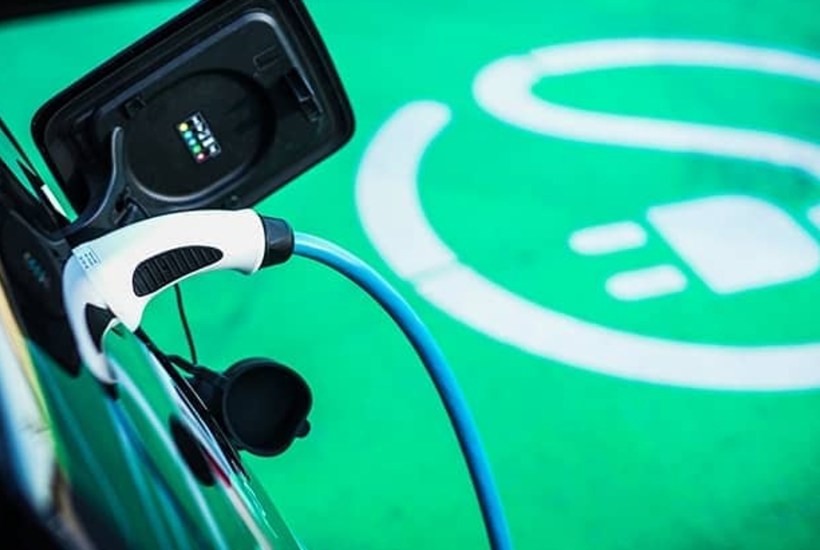The explosion in remote and flexible working accelerated by the pandemic slightly supports my assertion that the most important limits to future innovation may be psychological and behavioural, not technological. I am among a number of people who believe that the newly widespread use of video-conferencing is of great economic significance. A few economists and commentators agree, but all of us suffer mild social embarrassment whenever we make our case: it feels faintly absurd to evangelise a technology which is more than 20 years old, rather than pontificating about the ‘metaverse’ or some other fashionable guff.
Yet history bears us out. Because, bizarre as it may seem in retrospect, most technologies — especially network technologies — are relatively old at the point when they fully realise their economic or social significance. Many new technologies require a surprisingly high degree of collective behaviour change before they are adopted at the scale required to deliver their value. The challenge does not always lie in getting people to adopt a new habit as much as in getting people to abandon an old one. If you were already travelling into an office five times a week, video-conferencing offered very little except the sacrifice of often enjoyable business junkets. It was only with the option not to leave home that people noticed the opportunity cost of commuting.
This asymmetry of perception is significant. Many things are only appreciable in the light of experience. Bill Gates once said that his biggest problem was that ‘People don’t know how to want the things we can offer them’. And indeed many good things are as unappetising in theory as they are enjoyable in practice. As a 1970s ad for Guinness read: ‘I’ve never tried it because I don’t like it.’ The costs of trying something new are always more salient than the opportunity costs of doing something familiar.
I’d always wondered whether there was a word for things which are only fully obvious in the light of experience. A colleague recently enlightened me. It’s called a ‘Columbus’s egg’. Google ‘the egg of Columbus’ for the full story, but it concerns a little trick the explorer reportedly played on people who downplayed his achievement in discovering the New World. ‘Once you’ve done it, it’s obvious. That doesn’t mean it’s obvious beforehand.’
I can make a whole list of technology products that are Columbus’s eggs. Things which arouse scepticism in advance, but whose benefits, once seen, cannot be unseen. I am old enough to remember when people railed against mobile phones, dishwashers, duvets or multi-channel television. Some people still do. That’s not the point. The point is that few people who have tried these things ever voluntarily revert to the old behaviour.
Air-fryers, mattress toppers and Japanese-style bumwash toilets also fall into this category in my experience. So does automatic transmission in cars. The reasons Britons venerate manual transmission is largely because our cars were so weedy in the 1950s that it was essential (early Morris Minors managed 0-60 mph in 52 seconds). We made a virtue of necessity, and started burbling on about how manual transmission ‘gives you a sense of control’. Yet few people who have owned an automatic ever go back.
Are electric cars a Columbus’s egg? It’s an important question to ask. After all, if they are, much government action in mandating electric vehicles may prove unnecessary or counterproductive. There will, for decades to come, be a large number of low-mileage drivers for whom petrol-fuelled vehicles make perfect sense, economically and even environmentally. Should we needlessly punish these people if the market is doing the large-scale job of electrification perfectly well on its own?
Got something to add? Join the discussion and comment below.
Get 10 issues for just $10
Subscribe to The Spectator Australia today for the next 10 magazine issues, plus full online access, for just $10.
You might disagree with half of it, but you’ll enjoy reading all of it. Try your first month for free, then just $2 a week for the remainder of your first year.















Comments
Don't miss out
Join the conversation with other Spectator Australia readers. Subscribe to leave a comment.
SUBSCRIBEAlready a subscriber? Log in